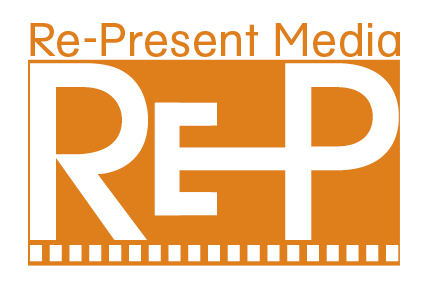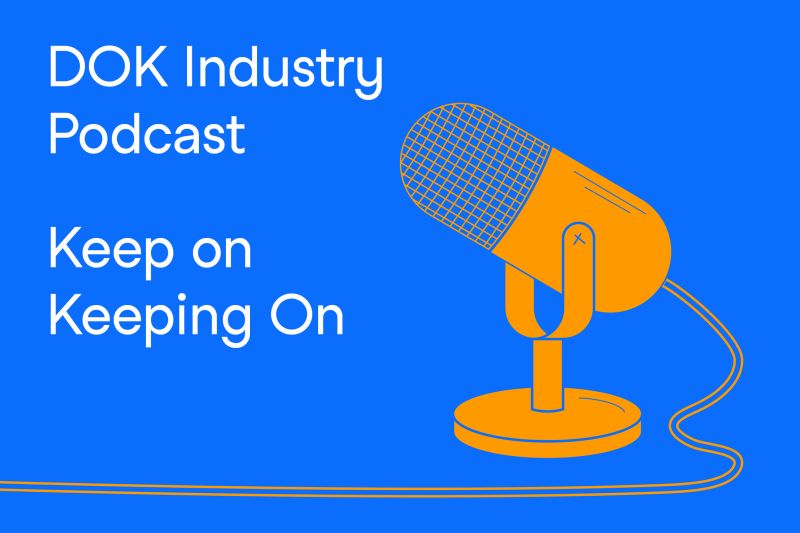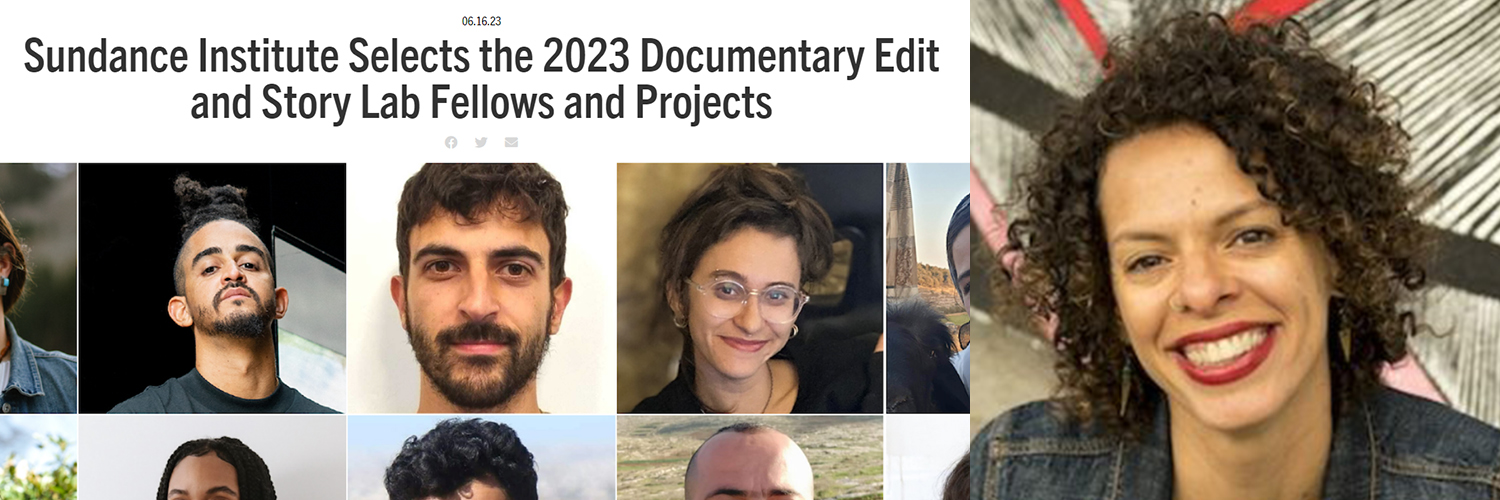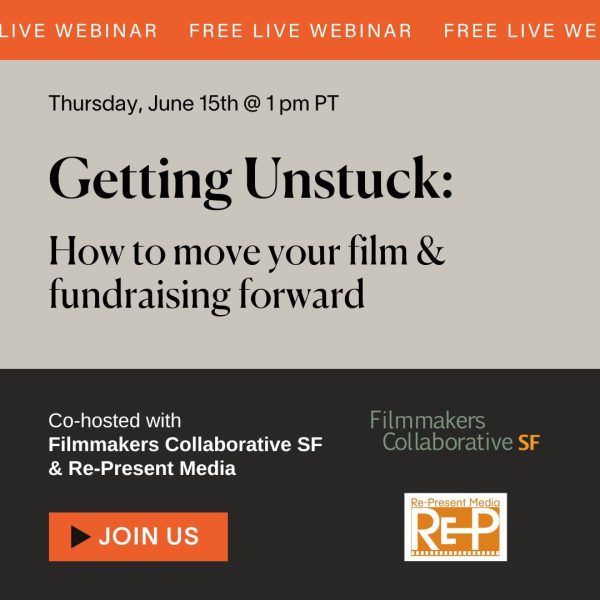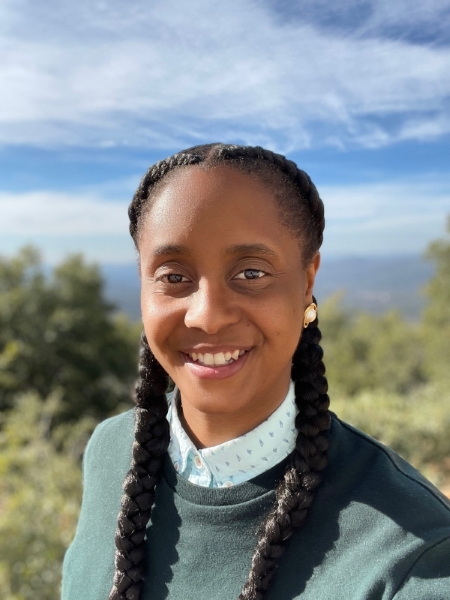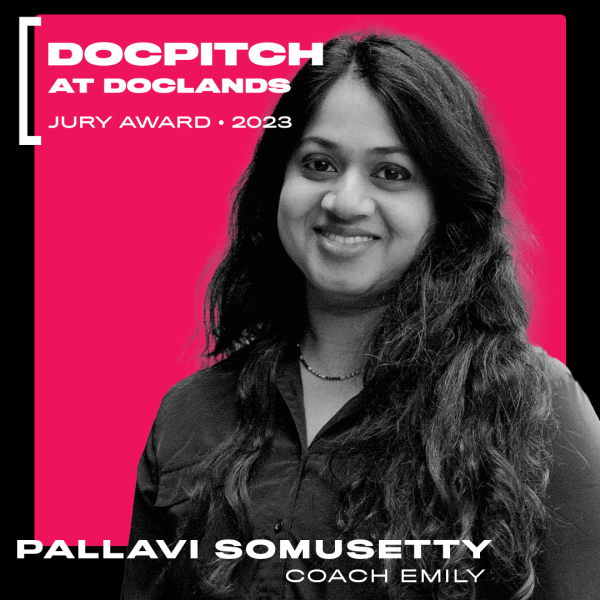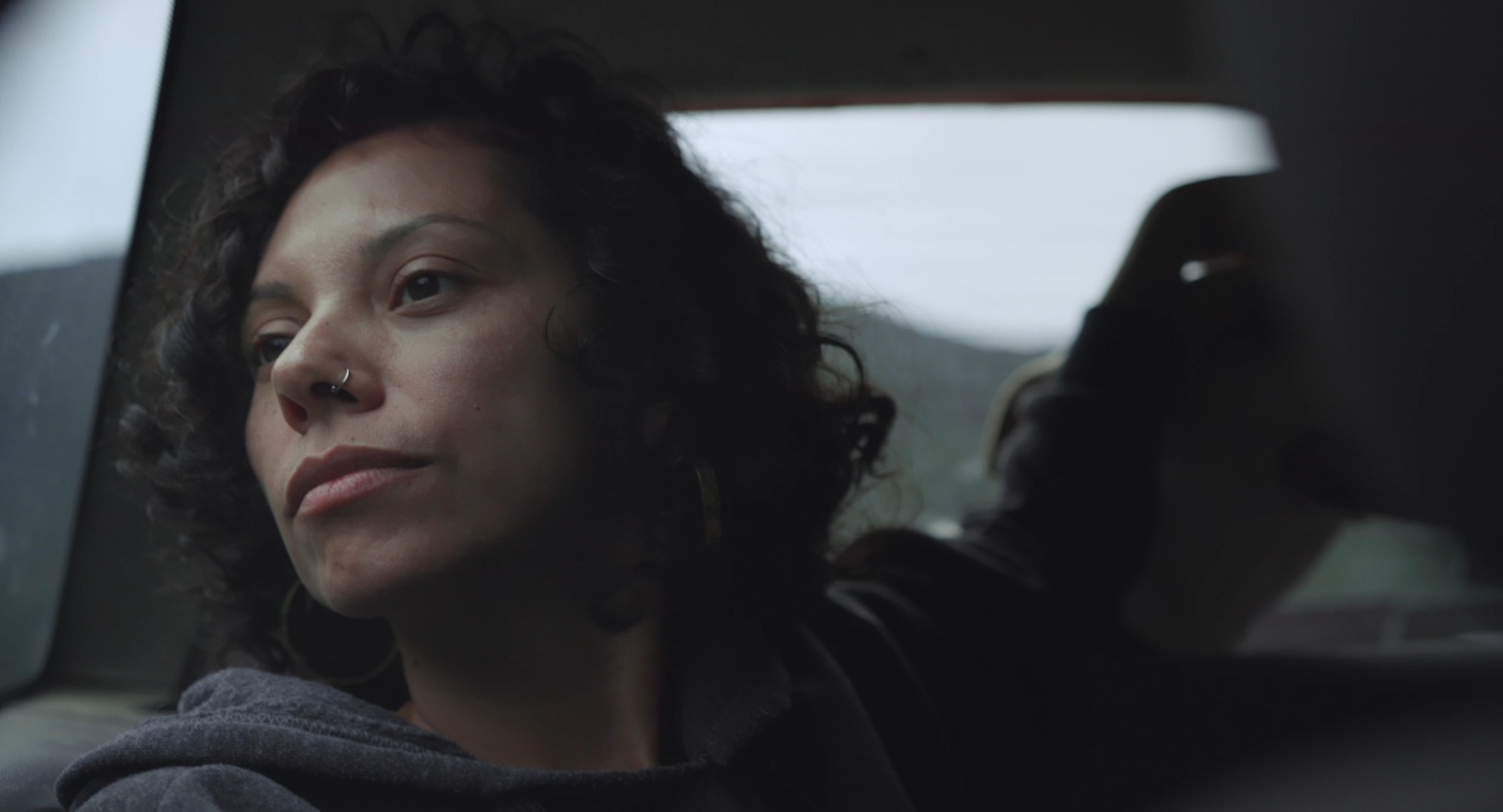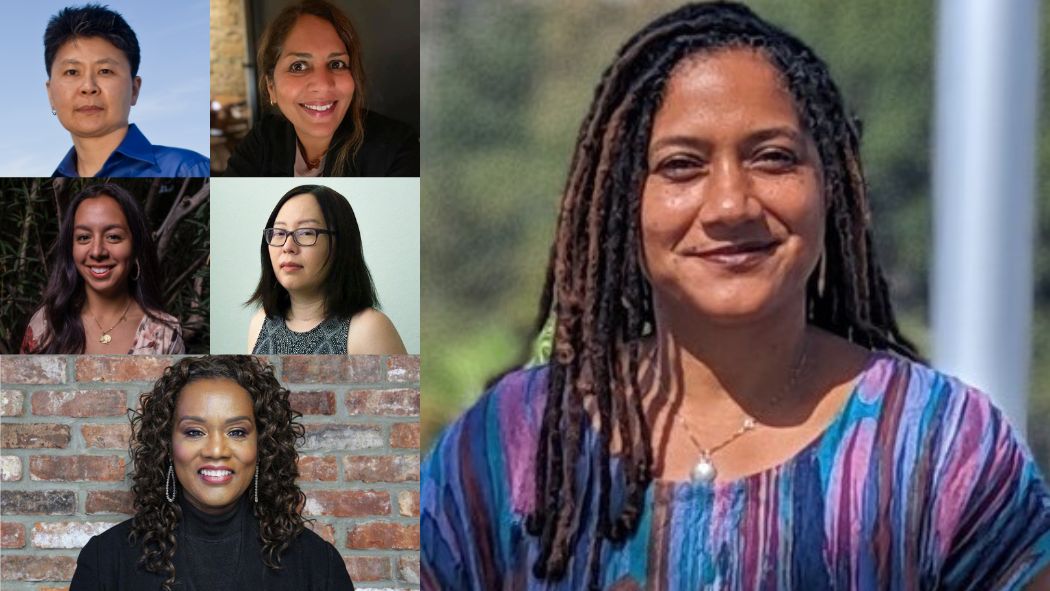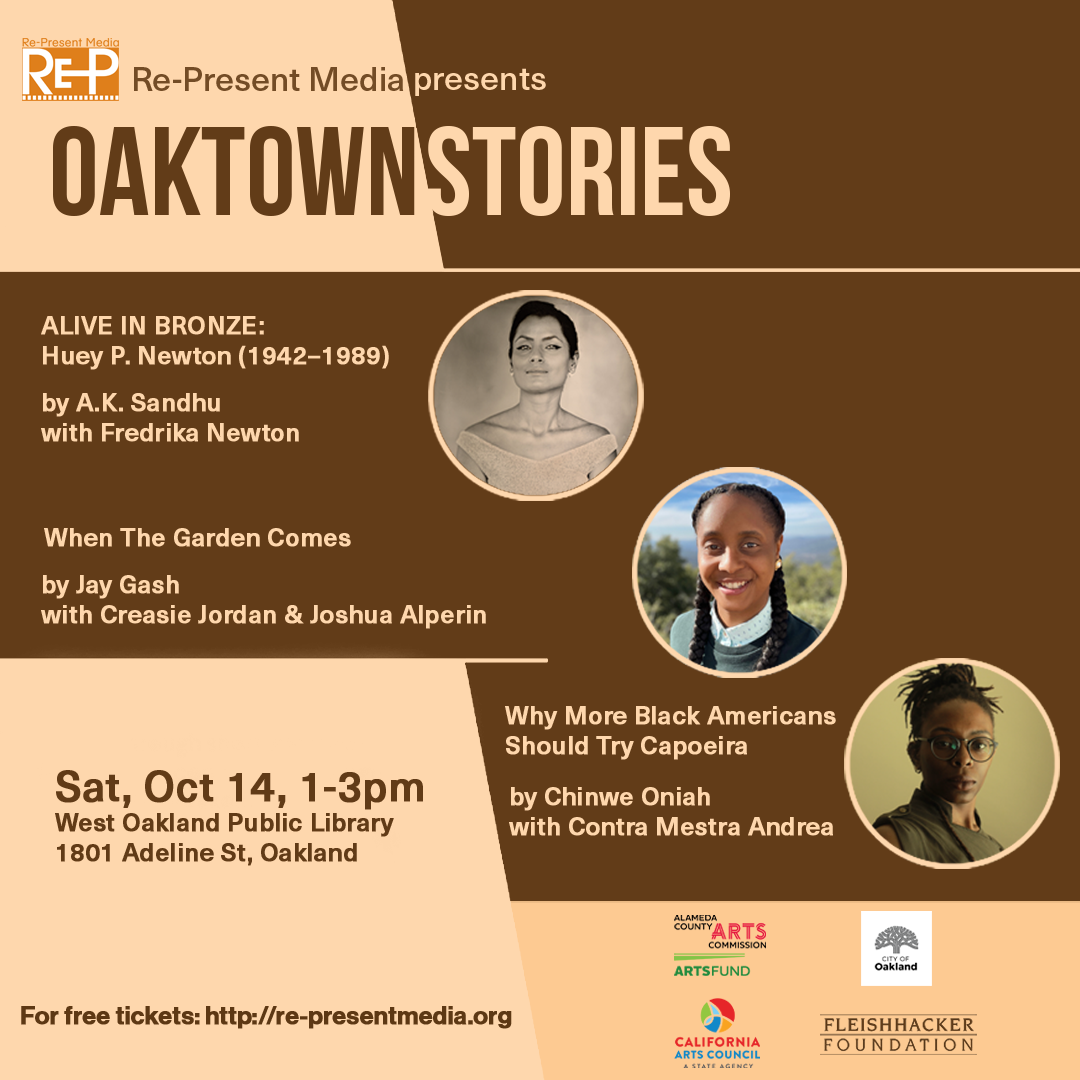
Oakland’s communities tell our own stories through short personal films followed by community dialogues with guest speakers. This is the first in a series of three events.
October 14, 1-3pm
West Oakland Public Library
1801 Adeline St, Oakland
For free tickets: https://re-presentmedia.ticketleap.com/oaktownstories2023-1/
“Why More Black Americans Should Try Capoeira” (Chinwe Oniah)
For an Afro-Brazilian art form, it’s surprising to see so few Black practitioners of capoeira in the Bay Area.
With guest speaker and community partner Contra Mestra Andrea (FICA Oakland).
“When The Garden Comes” (Jay Gash)
When The Garden Comes follows a multi-generational North Oakland family across themes of home, garden, and legacy.
With guest speaker Creasie Jordan and community partner Joshua Alperin (Oakland Public Library).
“ALIVE IN BRONZE: Huey P. Newton (1942–1989)” (A.K. Sandhu)
ALIVE IN BRONZE follows Fredrika Newton and Dana King (an activist and an artist) working to honor the Black Panther Party’s vital place in American history through the creation of a monument of its co-founder Huey P. Newton.
With guest speaker and community partner Fredrika Newton (Dr. Huey P. Newton Foundation).
